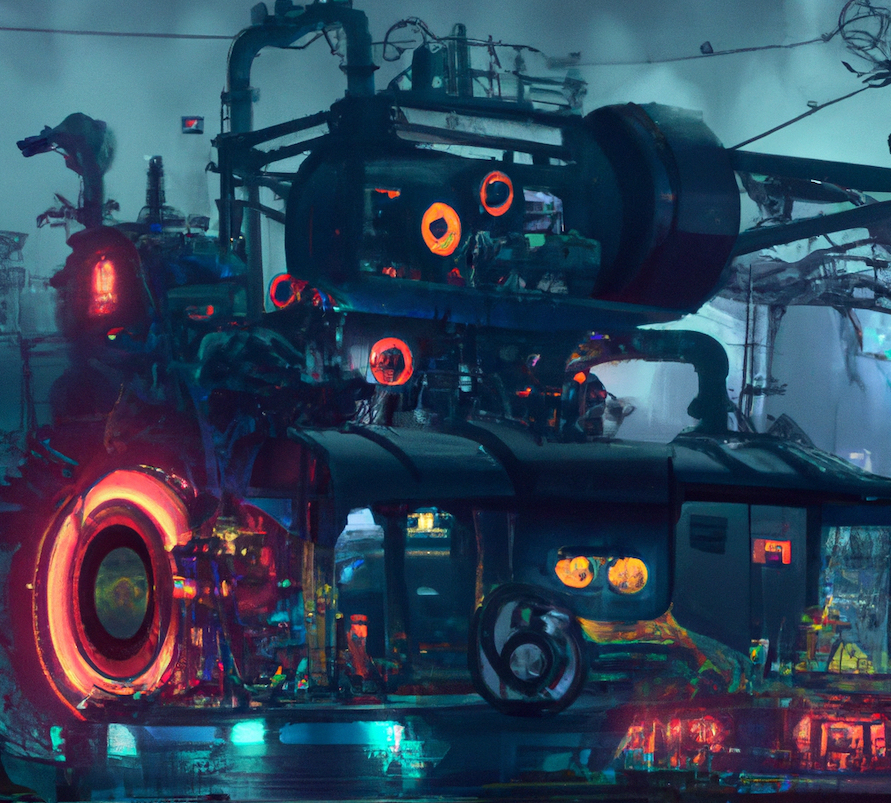
Mastery, Recommendation Algorithms, and AI Fine Tuning
Everything we published this week!
March 12, 2023 · Updated January 31, 2026
Hello and happy Sunday!
Want to learn to make AI write in your voice or the voice of your favorite writer? Come check out our live workshop with Dan on Wednesday, March 15th at 12 PM EST.
Now, on to the articles!
Recommendation Algorithms are Necessary Evil (Sort Of)
Evan Armstrong / Napkin Math
Recommendation algorithms have a huge impact on our lives. But how do they work—and are they good?
In this week's essay, Evan examines the architecture of recommendation algorithms and unpacks the tradeoffs tech companies are forced to face in building them. It's clear that no recommendation algorithm is perfect—but are they a necessary evil? Read on to find out.
Where Copilots Work
Dan Shipper / Chain of Thought
The Only Subscription
You Need to
Stay at the
Edge of AI
The essential toolkit for those shaping the future
"This might be the best value you
can get from an AI subscription."
- Jay S.
Join 100,000+ leaders, builders, and innovators

Email address
Already have an account? Sign in
What is included in a subscription?
Daily insights from AI pioneers + early access to powerful AI tools









Comments
Don't have an account? Sign up!